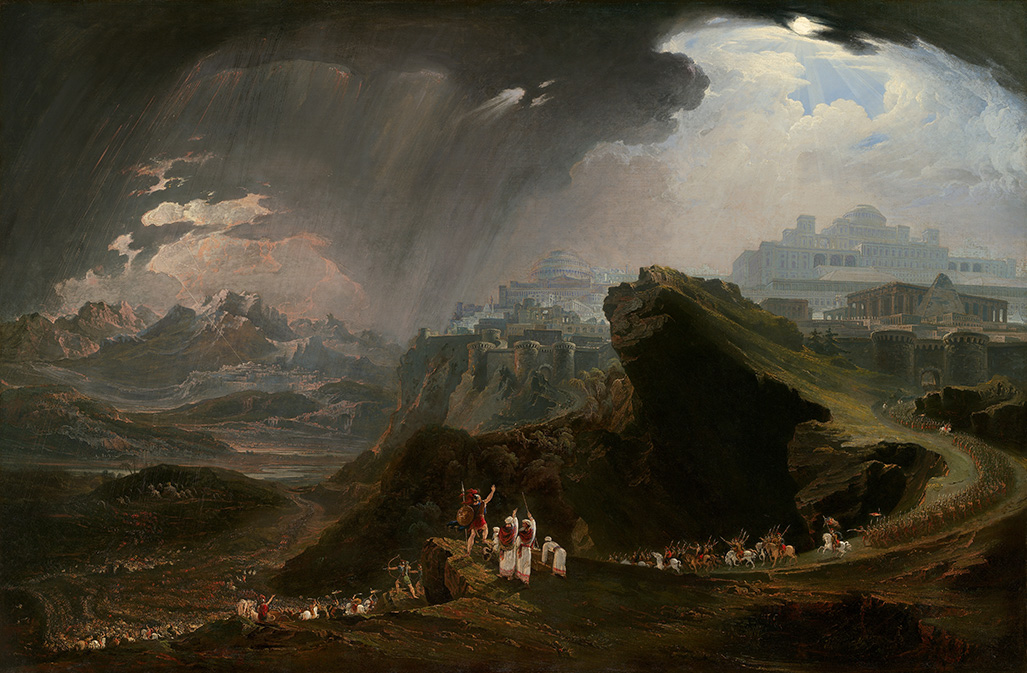Proper 27-Nov 8th
Hope and fear, laughter and tears have been part of our journey.
Joy and pain, longing and doubt meet on the pathway.
Often, we do not believe, O God,
and sometimes we doubt that your promises can be true.
Grant us and our world the freedom to laugh, the courage to cry,
the heart to be open and the faith to believe. (J. Philip Newell)
Joshua 24:1-3a, 14-25
In the final chapter of Joshua, he has guided the twelve tribes into the land of Canaan, as promised by God, and the renewal of the covenant is the culmination in the life of the people.
The people rehearse the story of God’s saving acts toward them; freedom from slavery in Egypt, protection on the journey, and the land promised by God. Our memory connects the past to the present state of things, and by recalling old stories it helps us make sense of the present condition. This is a way “Joshua” encourages Israel to choose life through their worship of the Lord.
The people promise to serve the Lord. Joshua then calls them to be witness that they have made their choice and instructs them to prove it by getting rid of all symbols and tokens of other gods that they may possess. The choice to worship the Lord requires the movement of the heart; by choosing to serve the Lord with mind and heart.
Psalm 78:1-7
The Psalmist in this psalm is a teaching voice from among the people; “Hear my teaching, O my people.” The storyteller intends to share the story and instructions of God so that it may pass from generation to generation. It is how we show a commitment to the covenant given by God. Later generations rely on the commandments to have order in both personal and communal life. We as of 2020 are still honoring the covenant of God. The stories of God and of ourselves in our community in the tradition of God’s teaching the sacred word passed from generation to generation.
1 Thessalonians 4: 13-18
Paul’s letter to the Thessalonians, power of memory is at work again however, the memories of loved ones by the community now creates deep worrisome questions for the community. Paul is attempting to respond to a concern held by the community relating to the fate of those that died before Christ’s return.
Paul’s uses memory to call the community into hopefulness through Christ. Through the memory of Christ’s resurrection, Paul gives words of hope to the people in a time of grief. Unlike others who have no hope in death, the community is reminded that they are covered in the life, death and resurrection of Christ. The death of loved ones prior to Christ return, the dead will be the first to bask in the warmth of Christ’s love in the resurrection.
Matthew 25:1-13
The week following All Saints’ Sunday is a time to contemplate the whole company of heaven and we should expect a parable attentive to the second coming of Christ. Our attention to the coming season of Advent in two weeks will be a time to meditate on the second coming of Christ. In the reading from 1 Thessalonians shares Jesus’ parable about the ten bridesmaids and waiting anxiously and following a sleep. “Keep awake therefore, you know neither the day nor hour” Some of the bridesmaids are prepared. They have come with extra oil for their lamps. The foolish do not. With the approach of Advent, the message seems to reverberate; “Prepare the way of the Lord.” (Isaiah 40:3)
The split in the group of bridesmaids is a focus on the positive and negative behavior of members of the community. Those who are prepared and those that expect God to satisfy every need; this if the group that holds to the idea that it is God’s duty to care for their needs. This is not just about being prepared; But is a “call to live each day though it were the last, not in mortal fear of the worst, but in hope for the best; “the new heaven and the new earth.

